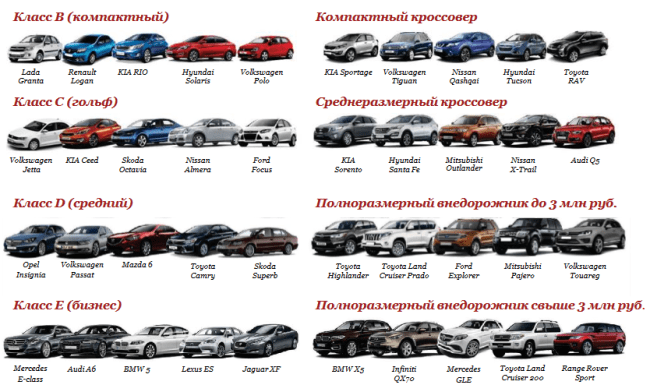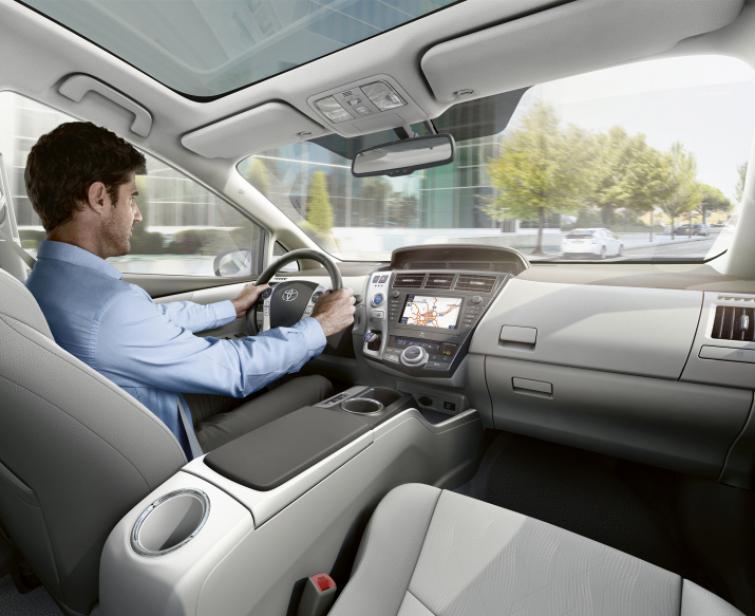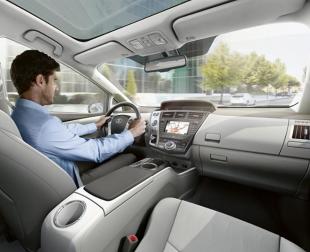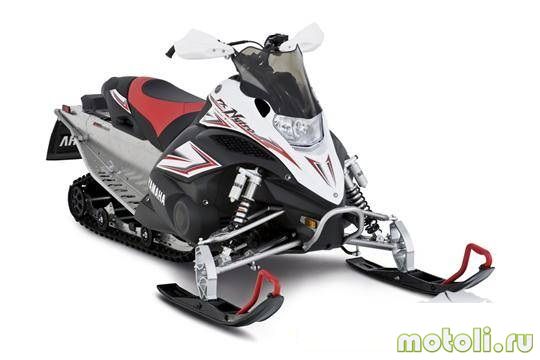
What car for the company? Own car and total cost of ownership
 Buying a company car is a difficult task. It is not enough to choose the right model and the most profitable means of financing. No less important are other costs associated with the operation of the car.
Buying a company car is a difficult task. It is not enough to choose the right model and the most profitable means of financing. No less important are other costs associated with the operation of the car.

The total cost of using a car includes not only its base price, the sum insured and fuel consumption. In the long run, service prices and the estimated value of the car when we want to resell it are also important. Accurate calculations may seem complicated and time-consuming, but this work should be done carefully, because hasty decisions can result in the loss of up to several thousand savings.
Initial cost
Although the price of a car is one of the most important components of the total cost of a car, companies often buy new cars not for cash, but for leasing or using a loan. In this case, you should compare the amount of installments for the same period of time, adding the amount of the first payment. It consists of: the catalog price of the car, the amount of the discount, interest and commission. Financing costs are usually not small, so they can affect the final purchase price and the amount of installments to a greater extent than minor differences in prices for similar models from different manufacturers, so you should ask about them right away in the salon. . Recently, an interesting loan offer appeared on the Polish market with a surcharge from European funds. Non-refundable surcharge of 9%. prices may cover the cost of financing. The surcharges have been agreed between Toyota and Deutsche Bank and apply to new Toyota and Lexus vehicles.
Operating costs
Car maintenance is a fixed cost. It is worth making sure that the company car is as economical as possible, especially if you plan to travel long distances on it. The difference of just one liter of fuel per 100 km saves about PLN 530 after a run of 10 km. Independent fuel consumption ratings are useful to verify the often overly optimistic figures claimed by the manufacturer. The latest results are obtained in laboratory conditions, not in real road conditions. Observations show that the largest differences can be observed in the case of cars with turbocharged gasoline engines, and the smallest among cars with a hybrid drive.
Another factor to consider when choosing a car is the cost of maintaining it. It depends on the frequency of car breakdowns, the scope of the warranty and the price of spare parts. It is worth checking on the forums and in the analysis of car portals, what usually breaks down in models, what we take into account, how often and how much repairs cost. For example, turbocharged engines, diesel particulate filters, starter motors in cars with a start-stop system can incur serious costs for us. In terms of warranty, an excessively long list of parts that are considered consumables and not covered by the warranty may mean that such a warranty guarantees us almost nothing, but only portends costly checks. In this situation, the warranty extension is beneficial only to the dealer, since it obliges customers to be serviced at an authorized service center.
If we want to fully control the cost of a service, we can use service packages offered by some manufacturers.
Resale, i.e. residual value
The last component of a car's value, but no less important, is its resale price. Companies replace cars when they stop bringing tax benefits, at the latest after five years, because that's the depreciation period for new cars in Poland. How to check which model and brand of car will be the most profitable in this regard? This is where professional vehicle appraisal companies come to the rescue, the most popular of which is EurotaxGlass. The cost of a used car is influenced by many factors, including: brand and opinions about the model, its popularity, condition of the car, equipment and history.
For example, in the popular B segment in the 12000-year-old category with up to 48,9-45,0 km, the Toyota Yaris is in first place with an average residual value of 43,4%. catalog price of the model (gasoline and diesel). The residual price of the Volkswagen Polo is 45,0 percent, while the Skoda Fabia is only 49 percent. The average in this class is 48,1 percent. In turn, among compact cars in hatchback / liftback versions, the leaders in residual value are: Toyota Auris - 47,1 percent, Volkswagen Golf - XNUMX percent. and Skoda Octavia - XNUMX percent.
Thus, cars of famous brands do not have to end up being more expensive. They cost more at the time of purchase, but also cost more when resold, maintaining their value more efficiently than competitors. In addition, a car of a higher quality brand supports the image of the company, and is also an additional motivation for its employees.
